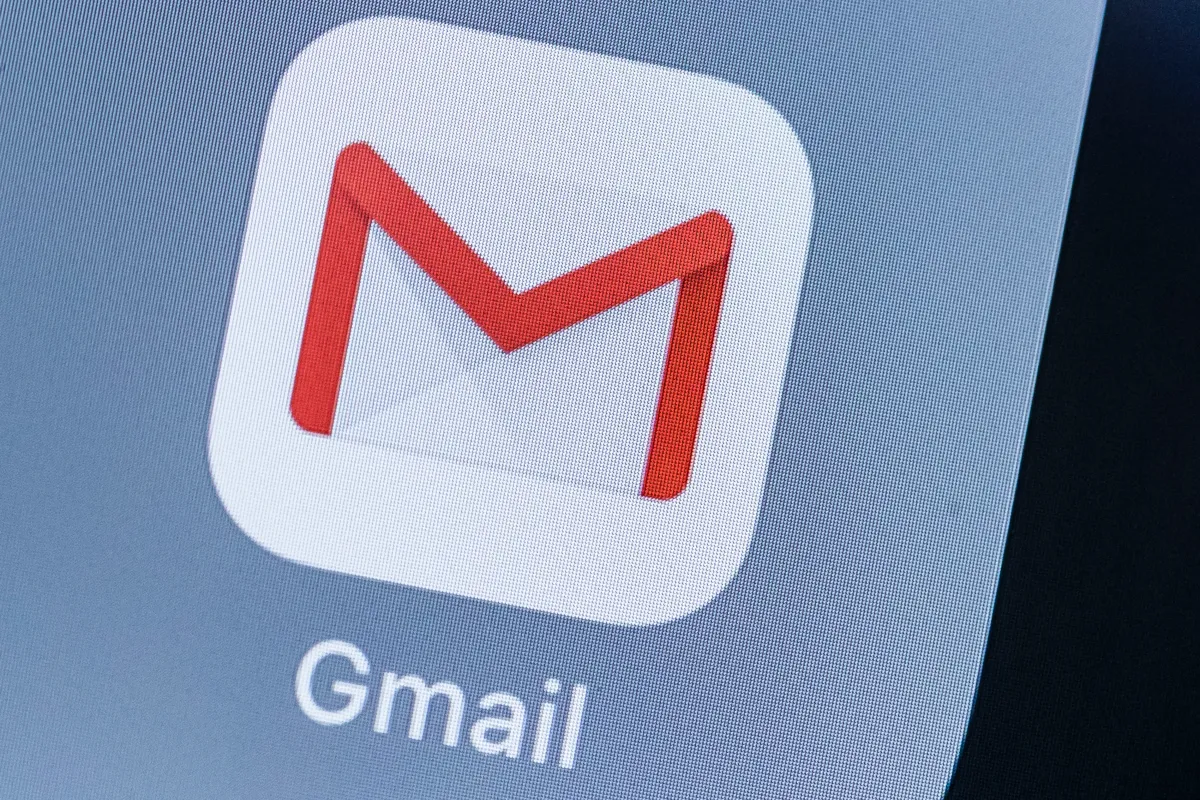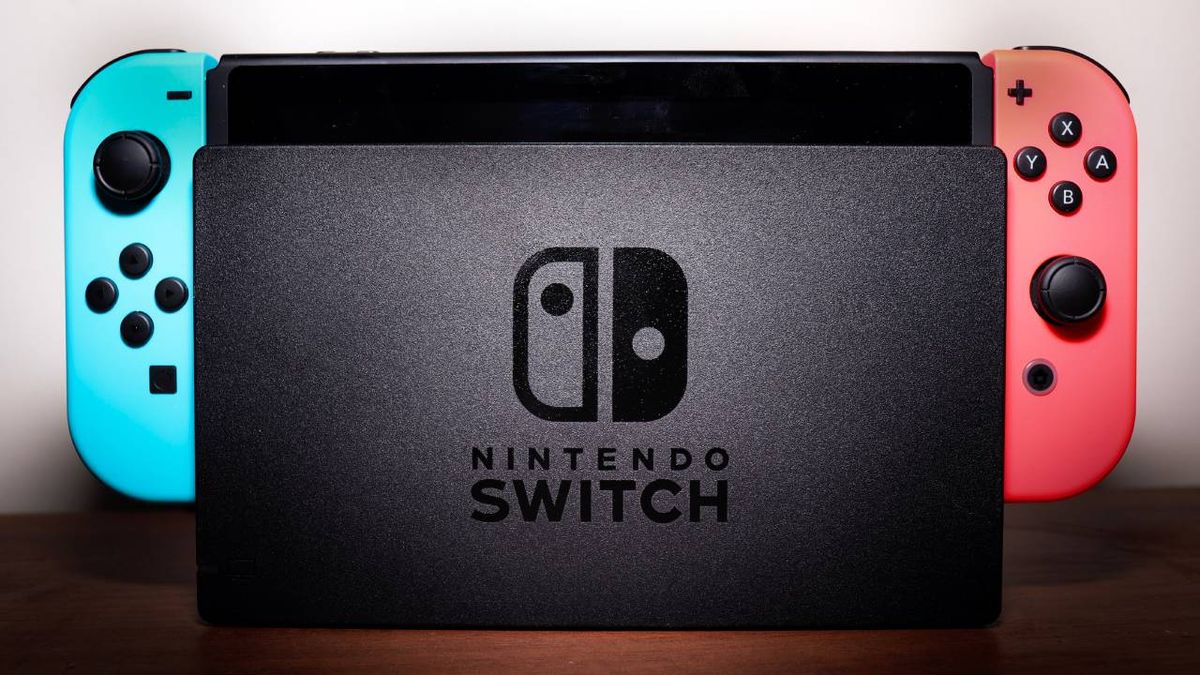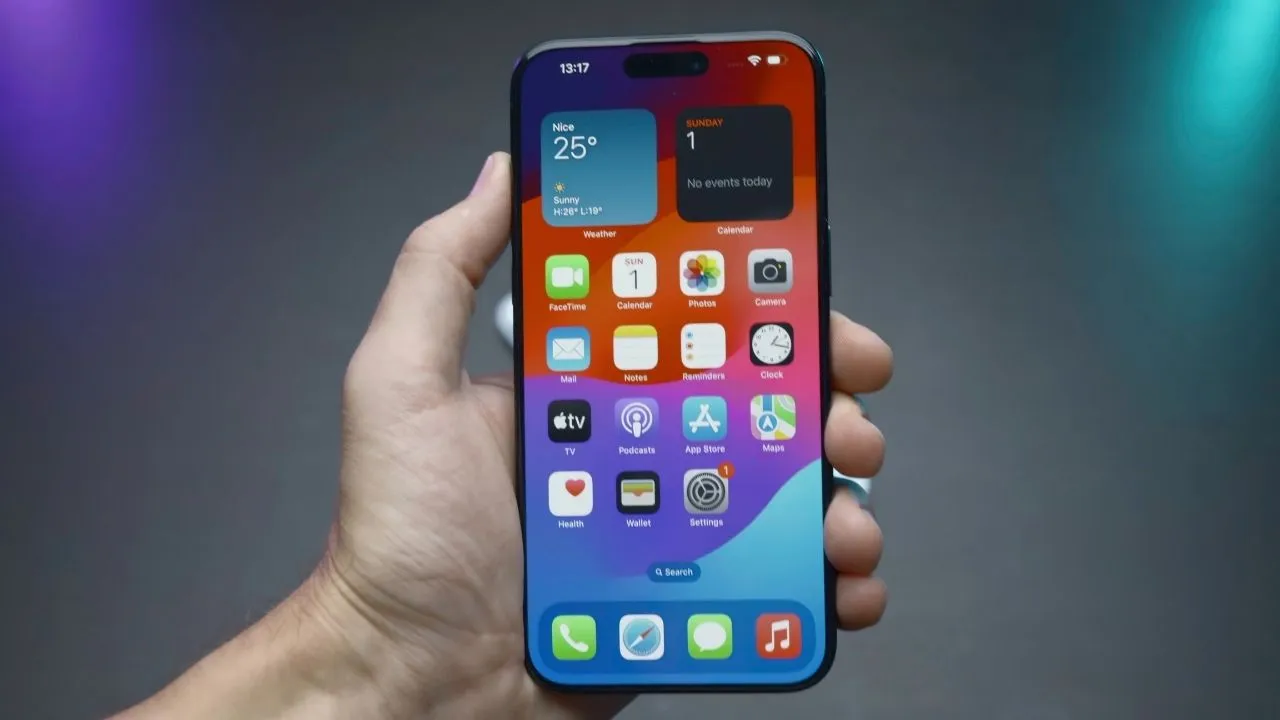As YouTube Premium’s pricing strategy varies globally based on economic factors such as cost of living and average wages, a notable trend has emerged where users employ VPN services to subscribe from regions offering lower rates. However, YouTube’s recent measures aim to curb this practice, reflecting a broader enforcement against geographical price manipulation through VPNs.
Understanding the Pricing Discrepancy
YouTube Premium’s cost differs significantly around the world; for instance, subscribers in the US pay approximately $13.99 per month, whereas those in Argentina might pay as little as $1.05 monthly. This discrepancy is due to local economic conditions, which influence what consumers can afford. Other streaming platforms, like Spotify, employ similar regional pricing strategies to stay competitive in diverse markets.
The Role of VPNs in Subscription Discounts
Virtual Private Networks (VPNs) have become a popular tool for bypassing regional pricing. Users can connect to servers in countries like Argentina, India, or Turkey, where YouTube Premium fees are lower, thereby accessing the service at reduced prices. VPN providers such as NordVPN, ExpressVPN, and Surfshark are often recommended for their reliability in maintaining connection speeds and bypassing geo-blocks effectively.
YouTube’s Response and New Restrictions
Despite the legality of using VPNs to access services like YouTube Premium, the platform is implementing stricter controls to detect and prevent price circumvention. This includes enhanced detection of IP mismatches and payment method inconsistencies, making it increasingly challenging for users to maintain a discounted subscription via VPN. YouTube’s system upgrades are aimed at ensuring users pay rates corresponding to their actual locations, reducing the exploitation of regional pricing disparities.
What This Means for Users
For subscribers using VPNs to access lower subscription rates, the tightening measures could mean difficulties in maintaining these discounts. YouTube’s enhanced detection techniques can lead to subscription cancellations or the requirement to update payment methods to match the user’s actual location. As such, while VPNs remain useful for content access and privacy, their effectiveness for securing discounted subscriptions may diminish as platforms like YouTube improve their geo-restriction technologies.









Add Comment